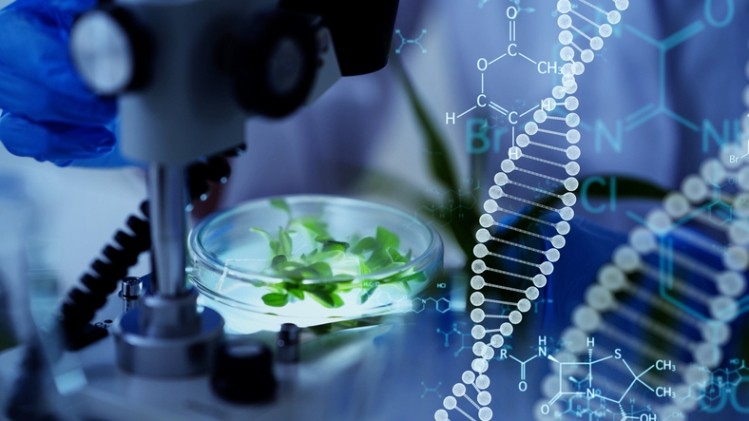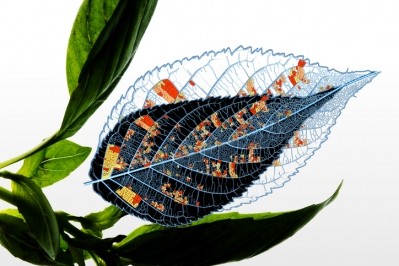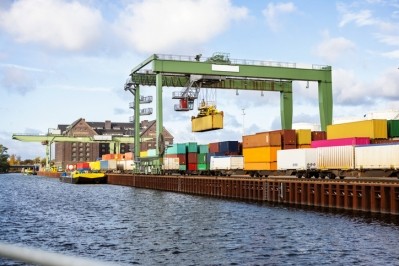EU food retailers oppose any moves to classify new plant breeding techniques as non-GMO

The food retailers are coming out fighting.
They released a joint statement today that sets out their objections to any “deregulation” of products derived from new genetic engineering processes, saying they would be placed on the market untested and unlabeled.
“Our expanding organic and conventional non-GMO product lines would be under particular threat of damage or destruction. A conventional non-GMO label must deliver what it promises and reliably exclude both old and new GMOs.
"The organic sector would be equally affected: The ban on GMOs, which is clearly laid down in the EU Organic Regulation, is an important selling point for organic products, and would be at risk if new GMOs are deregulated.
"The expansion of organic farming in Europe, envisioned in the EU Commission's Green Deal, would also be jeopardized to a massive extent,” read their statement.
EU Commission consultation
The communication from the EU food retail trade follows a review released last month by the EU Commission that found the current EU GMO legislation, which was adopted in 2001, is not fit for purpose in terms of new techniques that alter the genome of an organism.
The Council of the European Union, in November 2019, asked the Commission to carry out the study in light of the controversial ruling of the EU Court of Justice (ECJ) on the status of new genomic techniques or NGTs.
The findings of the EU executive's review suggest NGTs could make plants more resistant to diseases, environmental conditions, and climate change effects. It maintains such techniques could improve the nutritional profile of crops, boosting fatty acid content or enabling reduced need for agricultural inputs such as pesticides.
The Commission’s study also highlighted that NGTs are a very diverse set of tools and can achieve different results, with some plant products produced by NGTs being as safe as conventionally bred plants for human and animal health and for the environment.
At the same time, the review also analyzed concerns associated with NGT products and their current and future applications, including the possible safety and environmental impact, for example, on biodiversity, the coexistence with organic and GM-free agriculture, as well as labelling.
The Commission has initiated a consultation process to discuss the design of a new legal framework for these biotechnologies.
GMO labelling
The ECJ ruled in 2018 that organisms obtained by new plant breeding techniques, or gene editing, are GMOs and should, in theory, be regulated under the GMO Directive. The EU grocers' statement endorses that judgement and says the current EU GMO legislation has proven its worth.
“GMOs receive EU market authorization, and, in general, consumers have freedom of choice due to GMO labelling. Where this freedom of choice is not provided due to the labelling gap within the EU GMO legislation – i.e., for products of animal origin, such as milk, meat and eggs derived from GM feed, which need not be labelled as GMO products – non-GMO labelling is available. A non-GMO label [bans] the use of GM feed in the animal’s diet.
“The significant increase in non-GMO products in supermarkets throughout Europe in recent years shows how transparency conforms to consumer preferences and demand,” they reported.
The supermarkets’ communication argues that if lobbying initiatives to lower these “well accepted and widely established standards and laws” for products derived from new genomic techniques or even to fully deregulate them, succeed, then there would be inevitable consequences.
As the players along the supply chain with the closest proximity to the end consumer and, thus, the most knowledge about the wishes and expectations of shoppers, the retailers said they would see their credibility, quality management systems throughout the value chain and commitment to transparency placed at risk.
The signatories to the letter include: ALDI Hungary, ALDI Italy, ALDI NORD Germany, ALDI SUED Germany, ALDI Suisse, Alnatura Germany, BioMarkt Verbund Germany, BNN Germany, Dennree GmbH Germany, Denn’s Biomarkt GmbH Germany, HOFER KG Austria, HOFER Slovenia, IGBM e.V. (Interessengemeinschaft BioMarkt e.V.) Germany, Lidl Germany, Lidl Österreich GmbH Austria, Naturata Luxemburg, METRO Cash & Carry Österreich GmbH Austria, MPREIS Warenvertriebs GmbH Austria, Rewe Group Austria (incl. Billa and Penny), SPAR Österreichische Warenhandel GmbH Austria, Synadis bio France, Tegut Germany, TOPTEAM Zentraleinkauf GmbH Austria, Transgourmet Österreich GmbH Austria, Unimarkt Gruppe (Unimarkt, Pfeiffer Großhandel, Nah & frisch) Austria.








